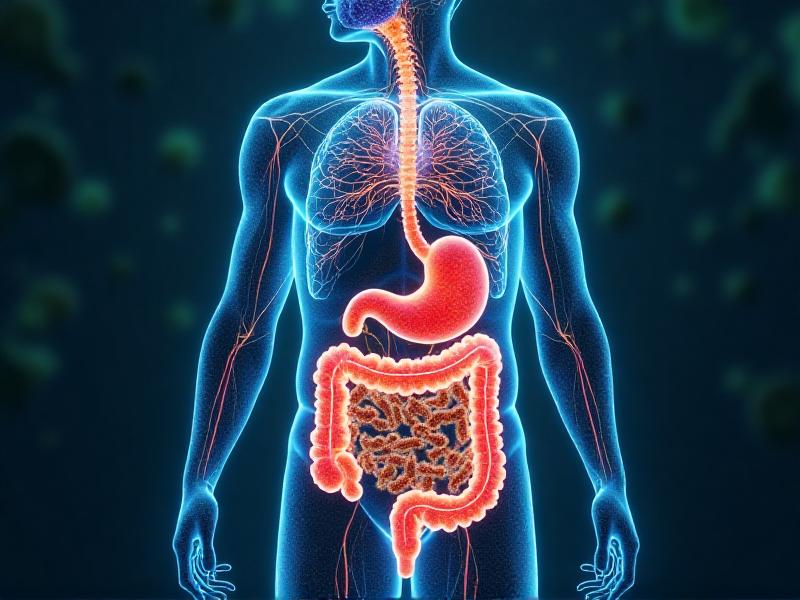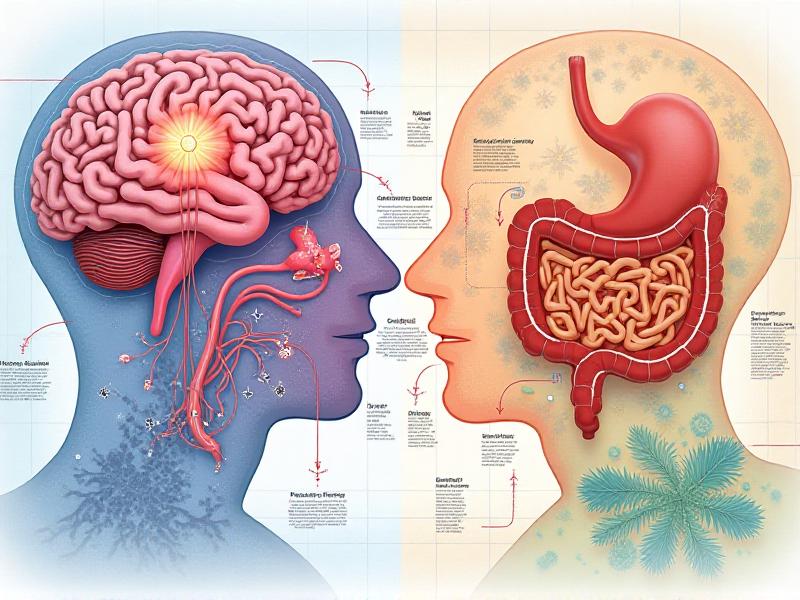Holistic Healing: A Comprehensive Approach to Mental Wellness
Holistic Healing: A Comprehensive Approach to Mental Wellness
Understanding Holistic Healing: Beyond Traditional Medicine
Holistic healing is an approach to wellness that considers the whole person—body, mind, spirit, and emotions—in the quest for optimal health and well-being. Unlike traditional medicine, which often focuses on treating symptoms, holistic healing seeks to address the root causes of mental and physical ailments. This approach integrates various therapies, including nutrition, exercise, mindfulness, and alternative treatments, to create a balanced and harmonious life.
One of the core principles of holistic healing is the belief that the mind and body are interconnected. For instance, chronic stress can lead to physical symptoms like headaches or digestive issues, while physical ailments can exacerbate mental health challenges. By addressing both the mental and physical aspects of health, holistic healing aims to restore balance and promote long-term wellness.
Holistic healing also emphasizes the importance of personalized care. What works for one person may not work for another, so practitioners often tailor their approaches to meet individual needs. This personalized touch can make holistic healing particularly effective for those who have not found relief through conventional methods.

The Role of Mindfulness in Mental Wellness
Mindfulness, the practice of being fully present in the moment, is a cornerstone of holistic healing. It involves paying attention to thoughts, feelings, and sensations without judgment, which can help reduce stress and improve mental clarity. Mindfulness practices, such as meditation and deep breathing exercises, have been shown to lower cortisol levels, enhance emotional regulation, and promote a sense of calm.
Incorporating mindfulness into daily life can be as simple as taking a few minutes each day to focus on your breath or engaging in mindful walking. These practices can help break the cycle of negative thinking and create a greater sense of awareness and control over one's mental state. Over time, mindfulness can lead to lasting changes in how we perceive and respond to stress, making it a powerful tool for mental wellness.
Research has also shown that mindfulness can improve relationships by fostering empathy and compassion. When we are fully present with others, we are better able to listen and respond thoughtfully, which can strengthen connections and reduce conflicts. This social aspect of mindfulness further underscores its importance in holistic healing.

Nutrition and Mental Health: Fueling the Mind
The food we eat plays a crucial role in our mental health. A diet rich in whole foods, such as fruits, vegetables, lean proteins, and healthy fats, can support brain function and emotional well-being. On the other hand, a diet high in processed foods, sugar, and unhealthy fats can contribute to mood swings, anxiety, and depression.
Certain nutrients, such as omega-3 fatty acids, vitamins B and D, and magnesium, have been shown to have a positive impact on mental health. For example, omega-3s, found in fatty fish and flaxseeds, are essential for brain health and can help reduce symptoms of depression. Similarly, vitamin D, which is synthesized through sunlight exposure, plays a role in regulating mood and preventing seasonal affective disorder.
Holistic healing encourages mindful eating, which involves paying attention to hunger and fullness cues, savoring each bite, and choosing foods that nourish both the body and mind. By making conscious food choices, we can support our mental health and overall well-being.

Physical Activity: Moving Towards Mental Clarity
Exercise is not just beneficial for physical health; it also has a profound impact on mental wellness. Physical activity releases endorphins, the body's natural mood elevators, which can help reduce stress, anxiety, and depression. Regular exercise has also been shown to improve sleep quality, boost self-esteem, and enhance cognitive function.
Holistic healing encourages a variety of physical activities, from yoga and tai chi to walking and dancing, to suit different preferences and fitness levels. The key is to find activities that are enjoyable and sustainable, as consistency is more important than intensity when it comes to reaping the mental health benefits of exercise.
In addition to its direct effects on mood, exercise can also provide a sense of accomplishment and purpose. Setting and achieving fitness goals, no matter how small, can boost confidence and create a positive feedback loop that supports mental wellness.

Alternative Therapies: Exploring New Paths to Healing
Alternative therapies, such as acupuncture, aromatherapy, and energy healing, are often used in holistic healing to complement traditional treatments. These therapies aim to restore balance and harmony within the body, addressing both physical and emotional imbalances.
Acupuncture, for example, involves the insertion of thin needles into specific points on the body to stimulate energy flow and promote healing. This ancient practice has been shown to reduce stress, alleviate pain, and improve overall well-being. Similarly, aromatherapy uses essential oils to influence mood and emotions, with scents like lavender and chamomile known for their calming effects.
Energy healing, such as Reiki, focuses on balancing the body's energy fields to promote healing and relaxation. While the scientific evidence for these therapies is still emerging, many people find them to be valuable tools for managing stress and enhancing mental wellness.

Building a Supportive Community: The Power of Connection
Human connection is a fundamental aspect of holistic healing. Building and maintaining strong relationships can provide emotional support, reduce feelings of isolation, and enhance overall well-being. A supportive community can offer encouragement, understanding, and a sense of belonging, all of which are essential for mental wellness.
Holistic healing encourages the cultivation of meaningful connections through activities like group therapy, support groups, and community events. These gatherings provide opportunities to share experiences, learn from others, and build a network of support. Even small acts of kindness, such as checking in on a friend or volunteering, can strengthen social bonds and contribute to a sense of purpose.
In today's digital age, it's also important to balance online interactions with face-to-face connections. While social media can help us stay connected, it can also contribute to feelings of inadequacy and loneliness. Holistic healing emphasizes the importance of authentic, in-person relationships for fostering true connection and emotional well-being.

Integrating Holistic Healing into Daily Life
Incorporating holistic healing practices into daily life doesn't have to be overwhelming. Small, consistent changes can have a significant impact over time. Start by identifying areas of your life that feel out of balance, whether it's stress, poor nutrition, or lack of physical activity, and take steps to address them.
Creating a daily routine that includes mindfulness practices, healthy eating, and regular exercise can help establish a foundation for holistic wellness. It's also important to set boundaries and prioritize self-care, whether that means taking time for relaxation, pursuing hobbies, or seeking professional support when needed.
Remember, holistic healing is a journey, not a destination. It's about making choices that support your overall well-being and finding what works best for you. By taking a comprehensive approach to mental wellness, you can create a life that is balanced, fulfilling, and resilient.









